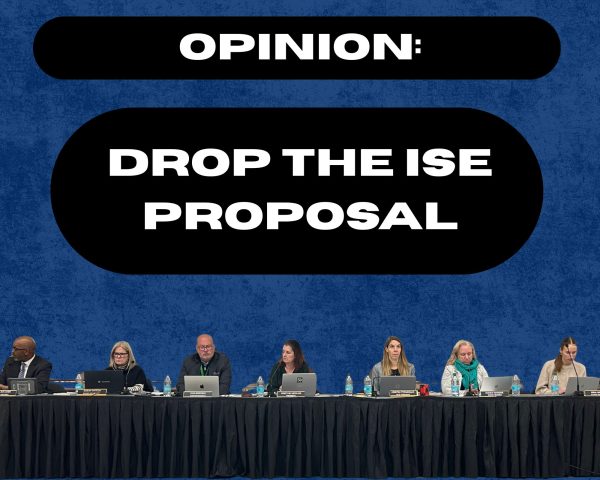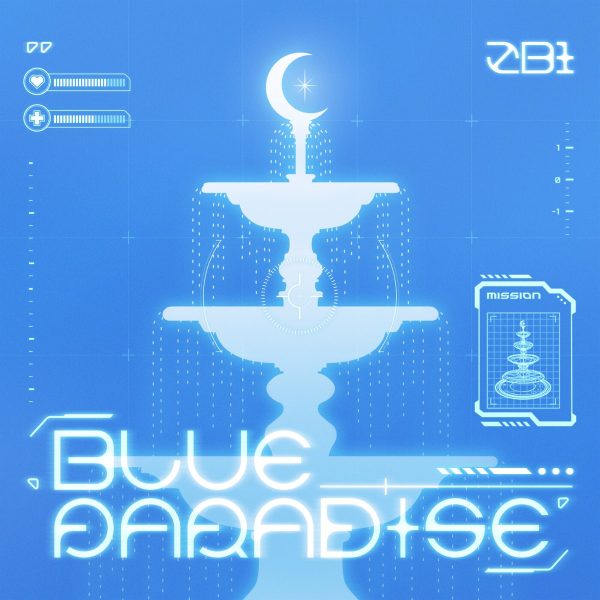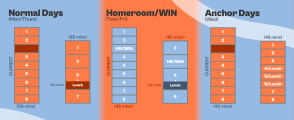Column: Let’s Talk Veganism — Debunking The Myths
Everyone is aware of the mixed reactions and tension that can transpire at the mention of veganism. The controversial diet that forbids meat, dairy, eggs, and all other animal-based foods, brands a scarlet letter V on its defenders, while upsetting — and even antagonizing — its opposers. It can easily provoke debates in which feelings of embarrassment, discomfort or unease on both sides are left in its wake.
The waters need to be settled. Here is our perspective on the matter: or rather, here is our perspective on some myths of the matter. Wherever you lie on the spectrum of opinions over the deviant diet, it is important, nonetheless, to make your next argument with the bottom line in place; one that separates the truth from illusion.
“Veganism isn’t healthy because you can’t get all the nutrients you need.”
When done right, veganism is proven to be nutritional by a multitude of professional nutrition associations.
According to the National Institutes of Health, Vitamin B12, an organic compound most commonly found in meat, dairy and egg products, is crucial for maintaining the health of nerve and blood cells. Contrary to popular belief, a number of foods and multivitamins besides animal products are both fortified with vitamin B12 and widely available on the market.
This goes for every other nutrient necessary for a sustainable diet; iron and vitamin D among them may be equally as or more difficult to attain as a vegan, but they are entirely possible with careful planning of meals.
Protein is another concern of nutrient deficiency that many meat-eaters have with veganism. However, protein may be the kryptonite of omnivores, not of vegans or vegetarians. Consuming too much protein poses higher risks for heart disease, cancer, kidney disease and obesity, and the average American adult consumes almost twice the daily recommended amount. Having a protein deficiency, on the other hand, is very uncommon in the United States, even among vegetarians and vegans.
It is important to recognize that the most immediate associations people can make with veganism are restrictive and severe. However, the word veganism does not imply that a pure, plant-based diet is the requirement. Vegan foods can be diverse and flavorful— any and all meat, dairy and egg products are available in herbivore form.
We are not here to overstate the benefits of veganism — there are risks, such as a higher liability to deficiencies, that must be taken into account for every change in habit— however, there are an abundance of resources made available to vegans so that they can lead as healthy and nutrient-conscious lives as they desire. There are many health benefits that are not available to omnivores. When all is said and done, the notion that all vegan diets are constrictive, rigid and deficient is simply not true.
“Humans are omnivores.”
Humans are omnivores. We can eat meat. However, there is not an innate need to eat meat. In fact, many studies have implicated meat in a heightened risk for cancer, heart disease, obesity, and diabetes. Vegetarians and vegans, on the other hand, tend to live longer than their meat-eating counterparts. Shortly put, the human body has virtually no need for meat, and our bodies actually benefit from ditching meat, regardless of how humans evolved.
“Cavemen ate meat, so we can too.”
Prehistoric humans ate a hunter-gatherer diet and got roughly 30 percent of their calories from meat. Meat was also instrumental in the evolution of humans’ brains because of the surplus of calories it provided.
However, to think that this is a reason why we should eat meat in present times is misguided — this argument doesn’t take into account the changes that have occurred in the time since we were hunters and gatherers. The invention of agriculture, specifically factory farming, combined with a bulging world population renders meat incompatible with sustainability and practicality. We are decades removed from a time when meat made sense in our diets, but are rapidly approaching the moment when it will be too late to reverse the damage our diets have done to the planet.
“Eating meat is personal choice.”
It’s not. When we pay factory farms to turn chickens into McNuggets and pigs into bacon, we victimize not only the animals, but the ozone layer, the oceans, and the forests. Western diets also strangle the rest of the world’s food supply, contributing to world hunger. This is because meat production yields a significant net loss of energy. A burger feeds one, but the grains, seeds, and water that went into it through a cow could have fed far more.
We are not proposing that veganism is the end-all-be-all that solves every global issue, but we are suggesting that it’s a start.
“Veganism is too expensive.”
It is entirely possible to be cost-efficient and vegan. Not only are more vegan products showing up on shelves than ever before, but consumerism and production is a constant, evolving cycle. The more that vegan products are bought, the higher the demand for vegan products. The higher the demand for vegan products, the more likely that costs will decrease, and according to this logic, the more likely animal products are to increase in price as well, as lower demand means lower production rates.
Many vegan diets also consist of some of the most affordable foods on the market like pastas, rice, beans, and other grains. In addition, growing vegetables such as onions, peppers and tomatoes is a mildly challenging, but an equally rewarding and inexpensive way to save on future groceries.
It is crucial to consider both the long-term benefits and consequences the diet can have on financial standing as well. Produce and raw foods may be more expensive than frozen pizzas and burgers, but the medical bills associated with the diseases meat and dairy can lead to over time create a much heavier financial burden, both on the individual and on the healthcare system as a whole.

Emily Welp is a senior at Naperville North High School and is returning for her second year on The North Star staff and her first year as features editor....






